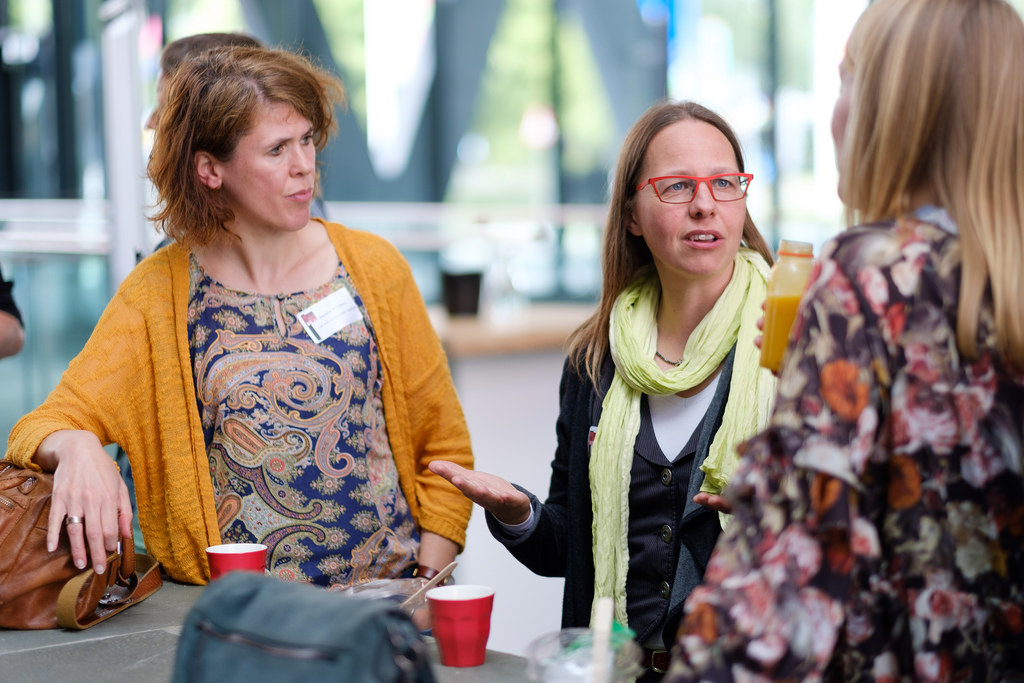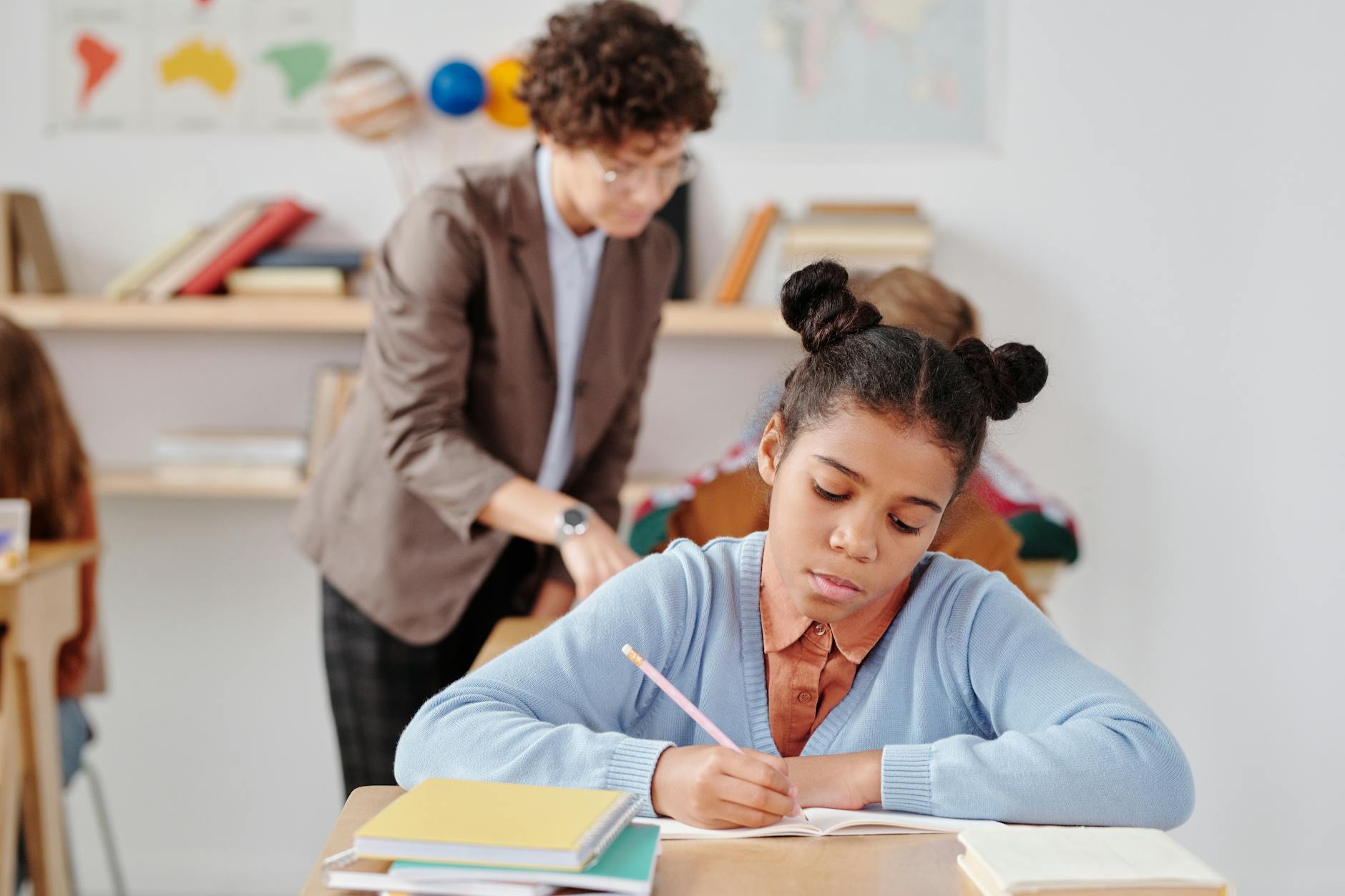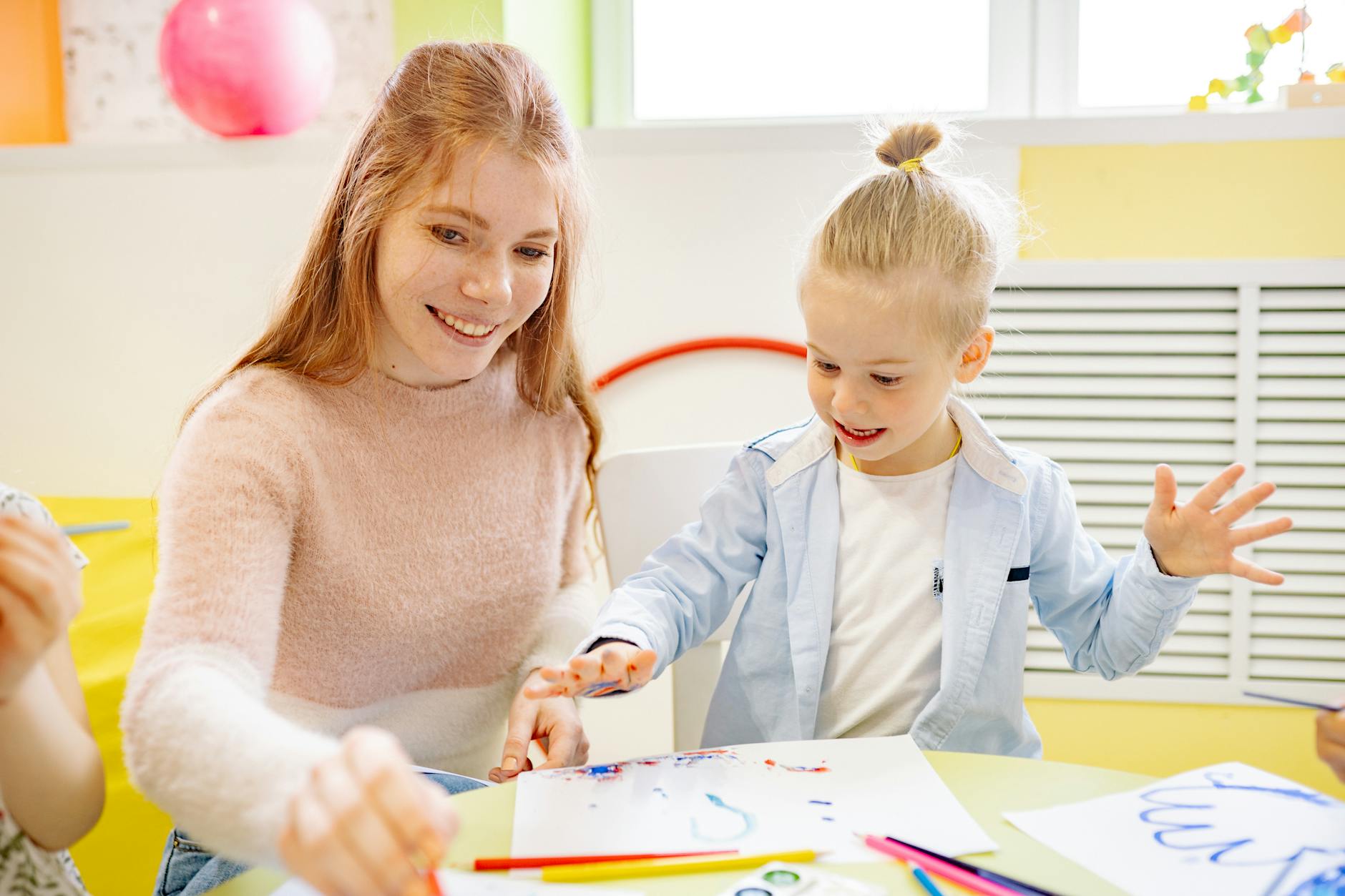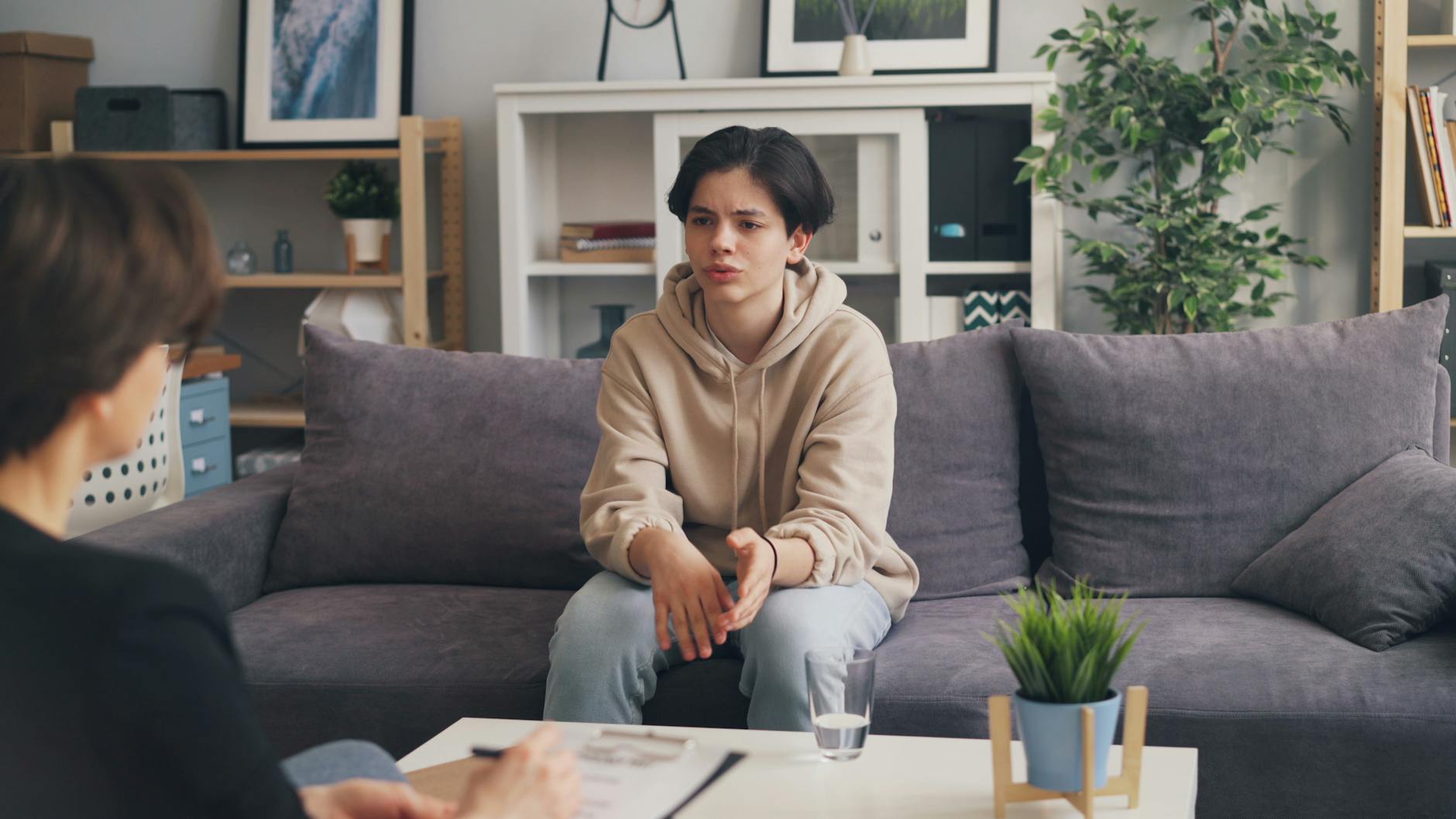For struggling school kids, what’s the difference between seeing a speech pathologist and a tutor?
Over the years, parents have asked me this a few times. I’ve also been asked why speech pathologists are allied health workers; whereas most tutors come from teaching or education backgrounds.
Clients and their families should be fully informed about this stuff. So here’s my attempt to answer these tricky questions, recognising others may have different views:
Basic distinction: biologically primary and secondary knowledge
As health professionals, most speech pathologists are concerned mainly with helping students with disordered or significantly delayed “biologically primary knowledge” – communication-related knowledge and skills humans are wired to acquire and that most kids get at developmentally appropriate times without being explicitly taught.
Tutors, as education professionals, help kids learn biologically secondary skills, including subject-specific skills that kids learn at school, e.g. about maths. Some kids struggle with one or more subjects at school, and school tutors work with teachers to help them out.
Clear as mud?
Let me explain the difference in more detail by reference to some of the science, specifically evolutionary theory and one of its offshoots, cognitive load theory.
Speech pathologists and biologically primary knowledge
Human brains have evolved to pay attention, process, and respond to information that is significant for survival and reproduction. In other words, we are wired to learn and use “biologically primary” or “core” skills we need to cope in our communities.
Although languages and cultures can look and sound very different from each other on the surface, there are many common features beneath the surface that make us all human. To survive in any human society, people need to manage relationships with other people, other living things (including plants and animals), and their physical surroundings. Although details differ community-by-community, several “core” abilities are needed to do this successfully:
-
Self-awareness: awareness of ourselves and awareness of our relationships with other people. These skills help us think about things that have happened to us in the past, and to plan our future actions.
-
Communication and other social interaction skills to guide one-on-one and peer social dynamics, e.g.:
-
processing facial expressions;
-
turn-taking in interactions with others;
-
joint attention (two people looking at the same event or object and sharing emotions about them);
-
later peer interaction and cooperation skills, which are often acquired through practice in play.
-
In/out grouping skills to help break our social world into categories of people (e.g. family, friends, enemies, races, religions, tribes, States and Nations).
-
Attention to the biological and physical world around us, including skills needed for hunting, horticulture, navigation, and tool use. These skills include knowing movement patterns of potential predators and prey, the ability to form mental representations of our environment, knowledge about the “essence” of different species of plants and animals, and the ability to categorise them.
Human communication skills are much more advanced than those of other species, including the other “Great Apes”, like chimpanzees and bonobos. Some researchers think early-developing communication skills advantaged human babies with care and attention from adults, with later communication skills helping kids (and adults) succeed socially within groups of adults and peers. In other words, developing these skills from a young age helps us to survive within our families and communities and to reproduce.
For most people, biologically primary knowledge is acquired with very little cognitive effort. We’re wired to pay attention to this information and to respond to it efficiently. We apply several rules of thumb to respond to situations requiring primary knowledge quickly and simply. For example, we respond almost automatically to social signals like smiling, and gravitate to things like sport and dance, and hanging out socially with friends. Amazingly, most of us learn how to speak intelligibly in our native language without being taught how to do it.
But some of us don’t. For example, some people have:
-
developmental language disorders that affect their ability to understand and/or produce oral language or to use it appropriately in social situations;
-
voice disorders that affect their ability to express themselves;
-
fluency disorders like stuttering or cluttering;
-
life-long disabilities that interfere with oral communication skills and/or require alternative and augmentative communication; and/or
-
acquired communication disorders, e.g. as a result of events like:
-
strokes, e.g. causing aphasia, adult apraxia or speech, dysarthria, and/or cognitive communication disorders; or
-
neuro-degenerative disease like Parkinson’s Disease.
Many of my clients have more than one of these issues affecting their communication skills.*
Teacher, tutors and “biologically secondary knowledge”
Biologically secondary knowledge consists of academic and vocational knowledge we need for cultural, vocational, political and knowledge transfer reasons. It includes most of the content in the school curriculum like maths, science, literature, and history.
Unlike the case with biologically primary knowledge, acquiring biologically secondary knowledge tends to be conscious, relatively difficult and effortful for everyone, although some kids struggle more than others. For example, no-one learns algebra, or about the causes of World War I, or the elements of the Periodic Table, or how to program a computer without taking the effort to learn how.
Most of these biologically secondary skills seem to be subject (or domain) specific. That means if you want to get better at algebra, you need to practice solving algebra problems not, say, playing chess or the violin.
The importance of transferring biologically secondary knowledge to our kids and young adults is the key reason schools, teachers and tutors exist. Great teachers and tutors are highly skilled at teaching subject-matter content to kids in such a way that they learn it.
Are there grey areas, or overlaps between biologically primary and secondary knowledge?
Yes. Probably the best example is reading.
Many kids first learn about books in one-to-one social interactions with a parent while discussing picture books. Shared reading practices often include parent and child pointing, object naming, and language learning mechanisms – all biologically primary systems.
As we discuss in detail here, reading itself is biologically secondary – or unnatural. In human evolutionary terms, it’s a recent development and everyone has learn how to do it. (Otherwise, we’d have near universal literacy, which is – unfortunately – far from the truth.)
Many reading skills are based on biologically primary oral language or other knowledge. Oral language comprehension skills, phonological awareness, vocabulary and naming skills, theory of mind, knowledge of human relationships, knowledge of biology (notably animals and plants) and physical environments contribute to helping kids decode and understand what they read.
Brain studies have shown that reading engages many of the same areas of the brain involved in expressing and processing language (including the Broca’s and Wernicke areas, as well as areas of the brain evolved for object naming. Literacy is thus essentially a language skill. And kids with oral language, social use of language and/or speech disorders are at a heightened risk of having reading problems, including dyslexia.
Learning to read is both a health and education priority. Both speech pathologists and tutors who are up to date on the scientific research and trained in how to apply it know that children learn to read most effectively with systematic, organised and adult-led direct instruction focused, initially, on letter-sound links, blending and segmenting of speech sounds, and word decoding skills using a synthetic phonics approach. Both speech pathologists and tutors with literacy training have an important role to play in helping kids with reading difficulties learn to read.
Other ways speech pathologists can help with reading and academic issues
Many (though not all) of the students I see for reading instruction have underlying language and/or speech deficits. That’s why our literacy assessments include tasks probing underlying primary communication skills, including phonological awareness skills like letter-sound links, vocabulary, receptive and expressive oral language skills, and speech clarity. This can help us figure out whether a child’s reading problems are related to decoding written words into speech, oral language comprehension, or both. (You can read more about this here.)
Language and speech disorders can have long-term academic and social effects on children and teenagers. As children move from learning to read to reading to learn, kids with language disorders can struggle with reading comprehension and writing tasks. They can also struggle with other language-dependent tasks, like understanding academic verbs, maths and other subject-specific vocabulary, complex syntax used in exam questions and school texts, organising their thoughts into written and spoken language at the discourse level (e.g. in stories, presentations, and essays), understanding higher level language (e.g. idioms, jokes, metaphors, and analogies), and planning and executing evidence-based study practices.
Speech pathologists frequently collaborate with teachers and tutors to implement strategies to help students with communication disorders cope with the school curriculum.
Clinical bottom line
I’m lucky to have good relationships with many excellent local teachers and experienced tutors. The key issue is making sure that the student is getting the right help from the right people at the right time. By working collaboratively with:
-
students;
-
parents;
-
teachers, principals, and learning support staff;
-
tutors;
-
allied health colleagues like occupational therapists, audiologists, and education psychologists; and
-
other medical professionals like general practitioners and paediatricians,
we can help clients and their families identify and prioritise communication and other issues affecting academic and social participation at school, treat health issues like communication disorders (and mitigate their effects), and educate students in areas of academic challenge so they can pursue their work and life goals.
Principal sources:
- Geary, D. (2008). An Evolutionarily Informed Education. Educational Psychologist, 43(4), 179-195.
- Tomasello, M. & Gonzalez-Cabera. (2017). The Role of Ontogeny in the Evolution of Human Cooperation. Human Nature, 28:274-278.
- Kirschner, P.A., Sweller, J., Kirschner, F., Zambrano, J. (2018). From Cognitive Load Theory to Collaborative Load Theory. International Journal of Computer-Supported Collaborative Learning, 13:213-233.
*For completeness, I should add that some people also have problems swallowing food, drink and/or medicine. Speech pathologists help these people, too.
Image: https://tinyurl.com/ybuysfw6

Hi there, I’m David Kinnane.
Principal Speech Pathologist, Banter Speech & Language
Our talented team of certified practising speech pathologists provide unhurried, personalised and evidence-based speech pathology care to children and adults in the Inner West of Sydney and beyond, both in our clinic and via telehealth.








